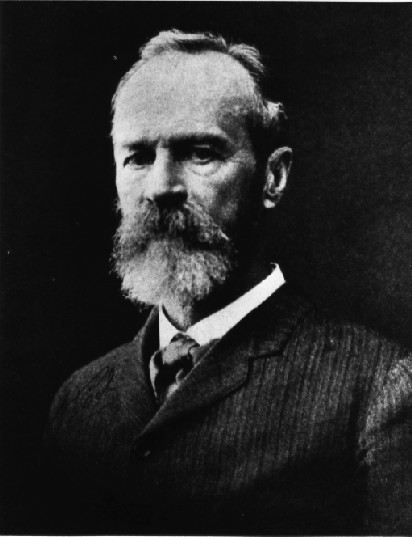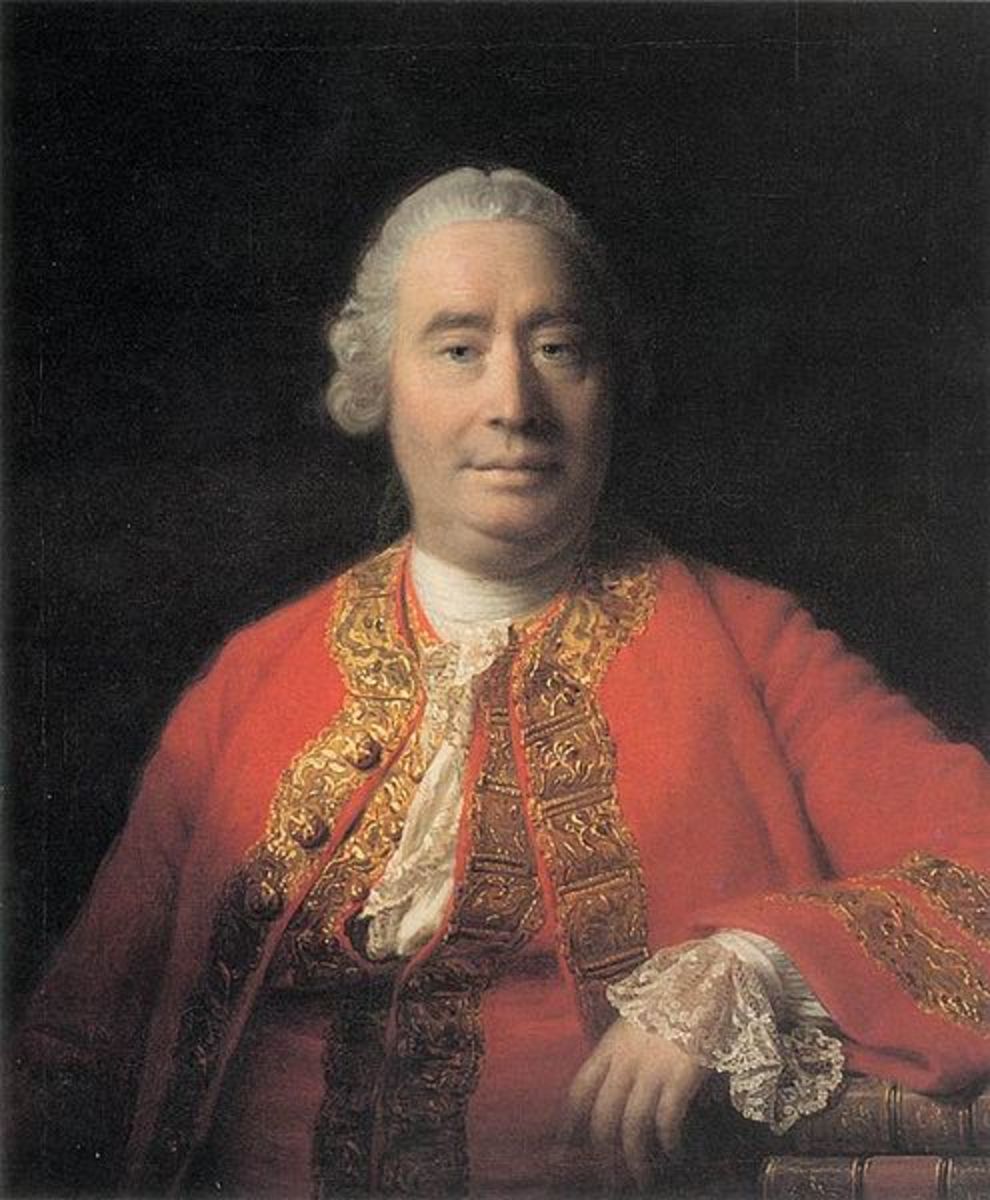Philosophy Topics: Pragmatism

What is Pragmatism?
Pragmatism is a way of determining the truth and meaning of an idea by the practical consequences that are observable to us. Or as William James put it, “Ideas become true just so far as they help us to get into satisfactory relations with other parts of our experience.” What he is saying is that the only meaning behind an idea, or the only use of any proposed truth, is the effect that we see it to have on our experiences in life. Pragmatism takes an idea and looks at the effect that idea has on the world. As a question this theory would ask, how would things be different if the opposite of that were true? If I were to try to sum up what all the pragmatists believed as a whole, it would be that they thought of human ideas and thoughts not as eternal truths to be discovered, but as tools used to help people understand and survive the world around them. Pragmatists don’t ask, “What is truth”, but rather, “what will work best for us if we believe it is true.”
Is it Truth?
I find I cannot yet fully agree with the claim, as much as I would like to. In order to say that the ultimate aim of belief, inquiry, and knowledge is to promote effective action, we must first claim to know what the true definition of effective action is. This has been attempted time and time again; still people have yet to find a common ground. It seems a bit contradictory. I firmly feel that my beliefs on freedom and liberty are very effective actions in terms of progressing the human race. The communist would claim otherwise. Now I do agree that we can look at the nature of thought as a continuous process of coming to know a better way to exist, but this seems a bit like wishful thinking if we do not know what the best way to exist is.
What I am getting at is this: If the ultimate aim of inquiry is to direct people in a way that is beneficial to humanity, we must have some underlying idea about what is and is not beneficial. If we do in fact find that there is a true idea of what is best for man, then does not the pragmatic theory crumble? Plus, who is one man to claim that his idea of what is best for man is any more right than what the next guys idea of what is best for man is? I do not mean this in terms of if they produce the same outcome, but more in the case of if they were two different outcomes. In other words, if I am a pragmatist, how can I possibly claim that my idea of liberty and freedom is any more right than the beliefs of the terrorists? Isn’t he is just as passionate about his belief as I am about mine? So either way the theory fails. If there ends up being a truth to the nature of how we ought to be living, the claim that truth is only a matter of practical consequence proves false. If it says there is no perfect way to ensure man’s survival, it has only contradicted itself and proves meaningless.

Truth, or Wishful Thinking?
Up to this point I have made it sound as if I do not believe in a fundamentally good way to live in the world. That is not the case however. I just don’t believe the pragmatist is right in saying there is no truth outside of what is beneficial to the survival of our existence. I did say that I agree with pragmatism when it tells us ideas are continuously changing processes that determine the best way for us to cope with life. I also said it was wishful thinking, at least until a right way to cope with life is realized by all. The reason I don’t fully agree with pragmatism is because it tells us there is no external truths and that ideas are simply for the betterment of man. The part I do agree with is the wishful thinking part. I do think we can find a best way to live. I feel there is such a way. I do not wish to get into that here, but I do believe in a right way to do things. That’s the problem with the world though; it can’t agree on how we ought to be. When it finally does, pragmatism may prove to be a flawless idea.
- Philosophy Topics: Act and Rule Utilitarianism
This article is an explanation of utilitarianism and the two components within, act and rule. Which, if any is ethically correct? - Philosophy Topics: The Problem of Evil
These are my thoughts after being in a philosophic class discussion recently. The topic is the problem of evil and why God allows it. - Philosophy Topics: Virtue Ethics
A summary of the philosophical idea of virtue ethics and the question of their use in society - Philosophy Topics: Psychological Egoism
Questioning the idea of psychological egoism and its validity in the world








